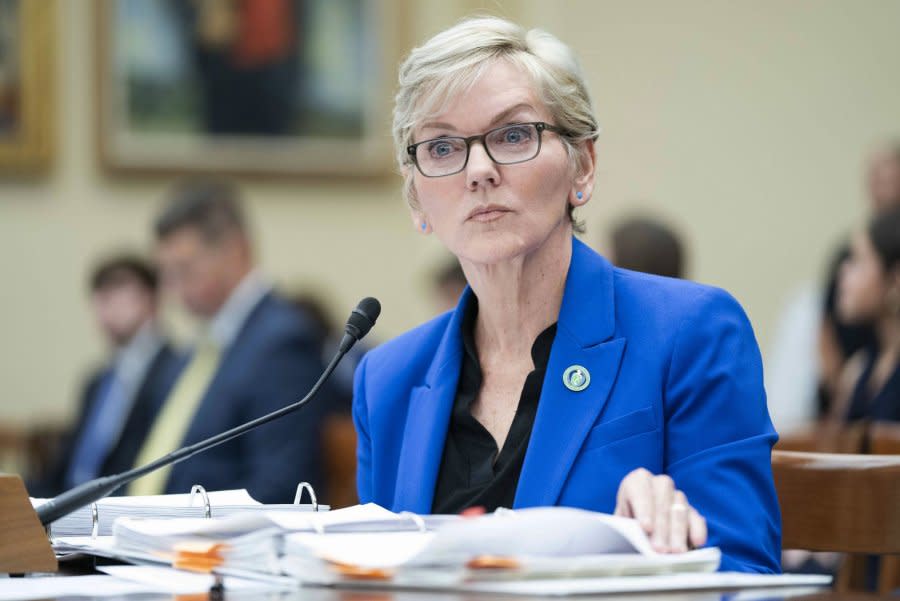Energy Department: 4 more companies develop next-generation heat pumps

- Oops!Something went wrong.Please try again later.
Jan. 8 (UPI) -- The Department of Energy said on Monday that four more heat pump manufacturers have created prototype heat pumps that can operate without auxiliary heat in cold temperatures, a major step forward in the technology.
The so-called challenge initiative, which was launched in 2021, calls for heat pump prototypes to deliver 100% heating capacity without the use of auxiliary heat at 5 degrees Fahrenheit. Heat-pump technology is all electric and extracts heat from the air to heat and cool buildings.
The companies -- Bosch, Daikin, Midea and Johnson Controls -- are part of the department's Residential Cold Climate Heat Pump Technology Challenge, which can give households up to $500 a year in savings and reduce harmful carbon emissions while in operation.
The manufacturers join Lennox International, Carrier, Trane Technologies and Rheem in developing the new heat pump technology.
"Developing next-generation technologies like heat pumps is critical to the Biden-Harris administration's efforts to ensure that Americans have access to more affordable clean heating and cooling options -- no matter where they live," said Energy Secretary Jennifer Granholm, the former governor of cold-climate state Michigan.
"By supporting industry advancements, DOE's Cold-Climate Heat Pump Challenge is helping get cost-effective clean energy technology into homes across America -- keeping families warm during the coldest months and saving them money."
The success in making more energy-efficient and greener heat pumps comes after a coalition of 25 governors announced in September they want to end emissions from buildings and install dramatically more heat pumps.
The U.S. Climate Alliance, made up of a bipartisan group of governors, said at the time that they are working on new zero-emission standards for space heaters and water-heating equipment and working to lower fossil fuel heating and cooling in new construction.
The department said the initiative now will move to the next step of the challenge, which involves the installation and monitoring of more than 23 prototypes in cold-climate locations in the United States and Canada over the next 12 months.

